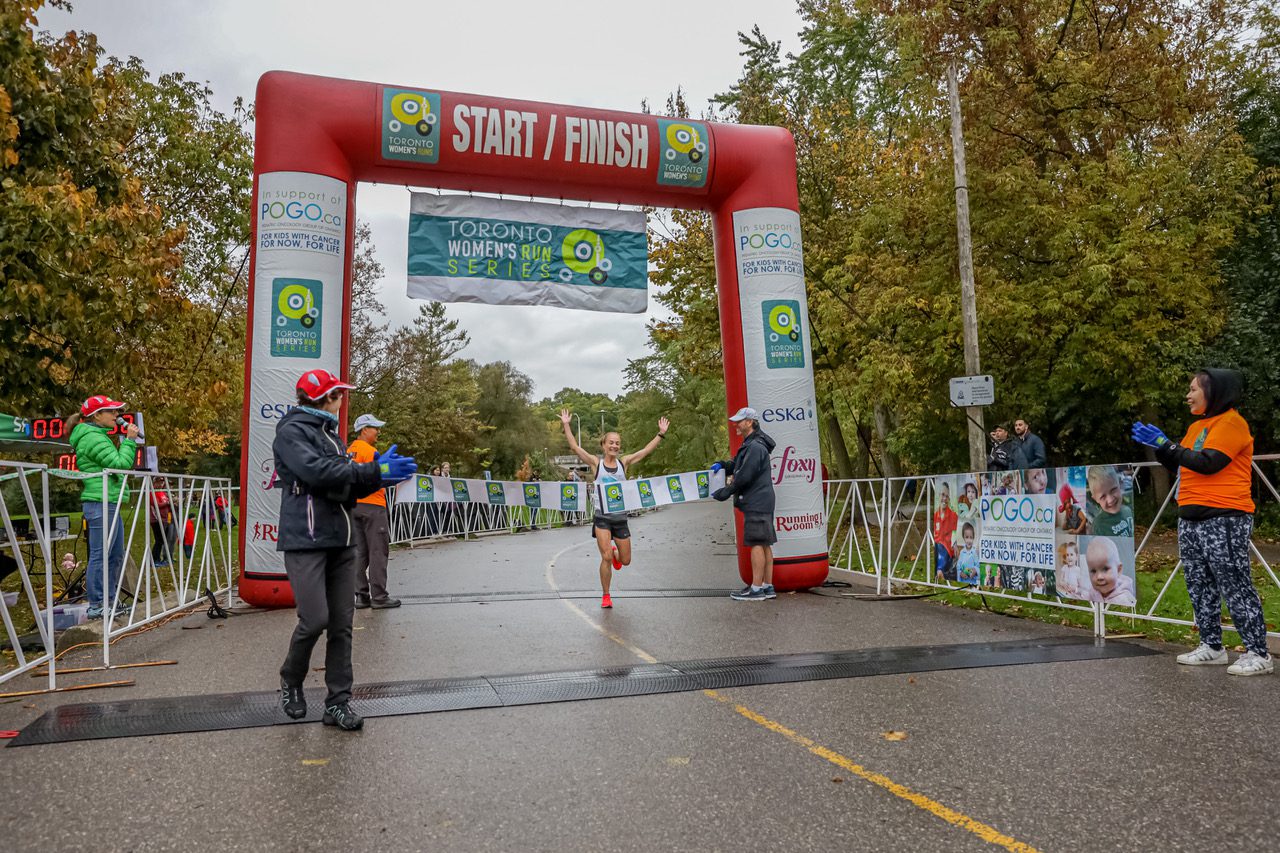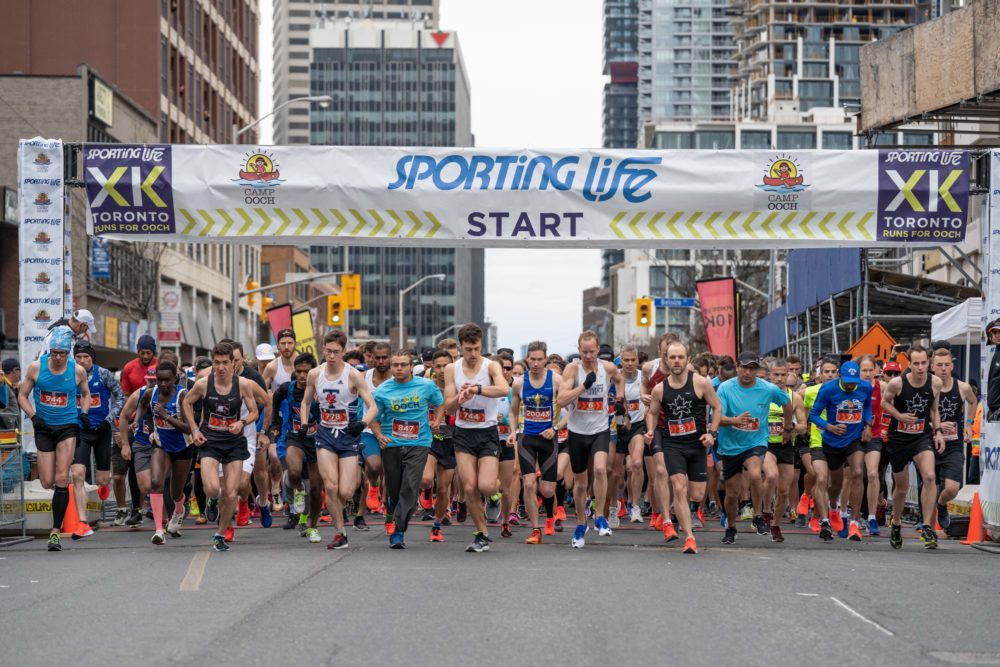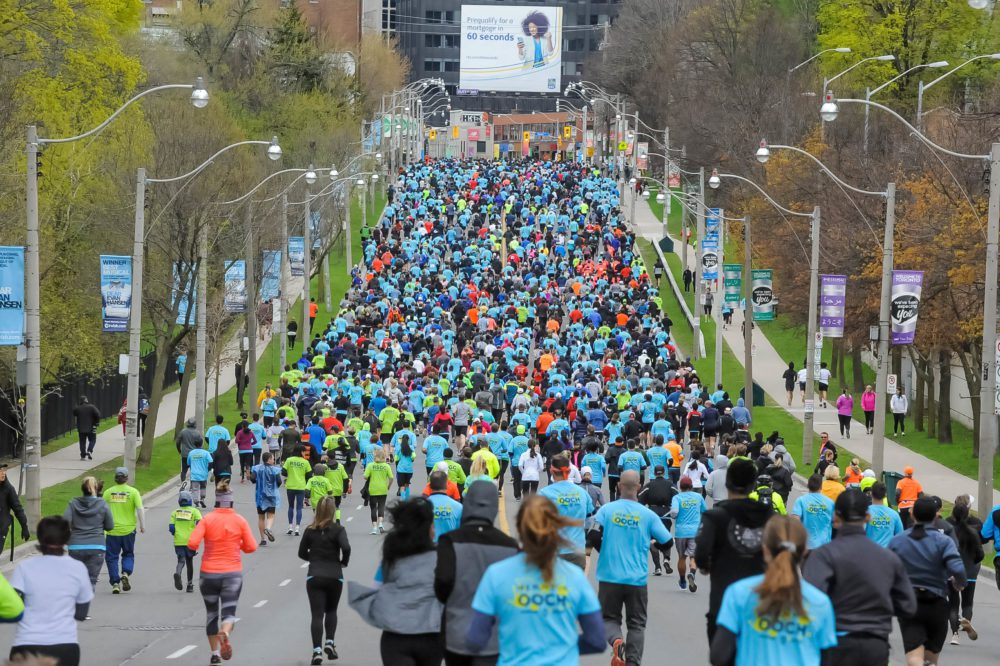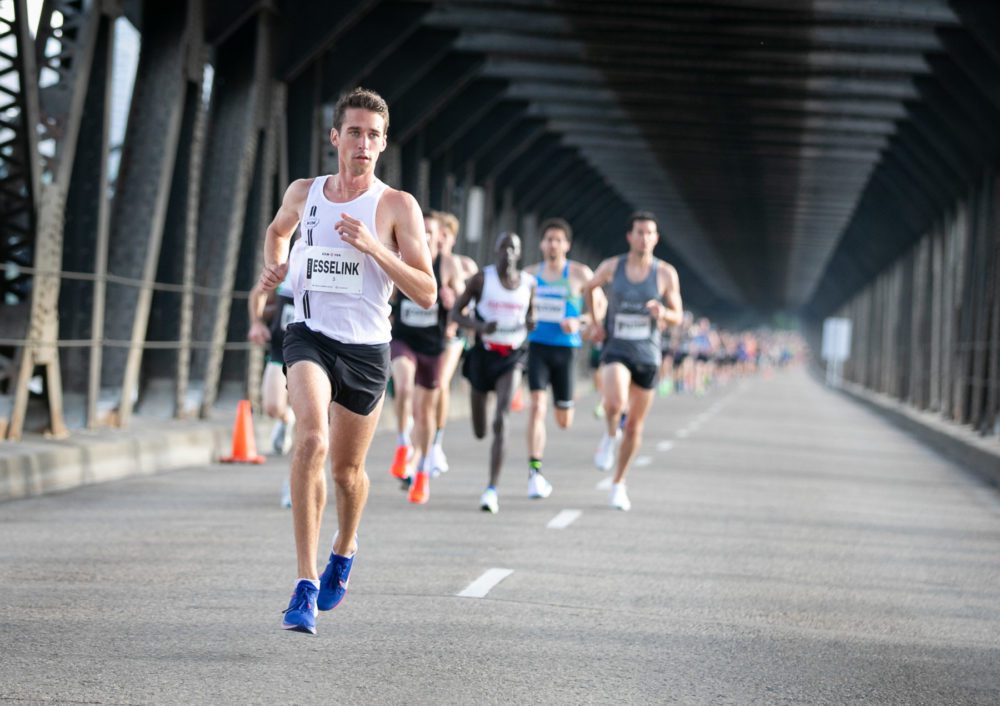Inside the minds of race directors during COVID-19
Race directors all over the world have been forced to make tough calls regarding their races following the coronavirus outbreak

The past month and a half have been extremely trying for many people, and race directors across the globe have had to make the difficult decision to cancel or postpone their events that were slated for spring 2020. So far, some of the world’s biggest races have been moved, including the World Marathon Majors in Boston and London. Closer to home, race directors like Cory Freedman and Alan Brookes have faced the same question as every other race: to cancel, postpone or find another way to keep their races active? Here are some of the creative solutions they’re finding to the unique challenges posed by coronavirus.

Sporting Life 10K
Freedman is the race director of the Sporting Life 10Ks in Toronto and Ottawa. She is also the founder and owner of the Toronto Women’s Run Series, and race director of the United Way 5K and the Yorkville Run. The Sporting Life races are her first of the year, set for May 10, and she and her team have spent the last few weeks considering their options for the event. Last week, Freedman and the Sporting Life 10K team announced that the race will switch to a virtual format.
RELATED: Behind the startline: The challenges of race directing in the age of COVID-19
https://www.instagram.com/p/B966s7wAazA/?utm_source=ig_web_copy_link
“What will happen is everybody who was registered for the race will be transferred into the virtual run,” she says. If entrants don’t want to run the virtual race (which can be completed anywhere, at any time in the entire month of May), they have two other options: donate their race fee back to Camp Ooch (a camp for children affected by childhood cancer) or get a refund.
RELATED: Wings for Life team hopes to run across the country
“For the virtual run, whether or not runners have an app like Strava or Zwift or a Garmin, there will be lots of options, or the honour system,” Freedman says. This “honour system” is for anyone who cannot track their run and upload their 10K result. “It’s in the spirit of the charity and of the race to encourage participation, so honour system—upload your time and see how you did against others in your age group and such, and go from there.” Freedman says a virtual format might be used for her other races after Sporting Life.

RELATED: Sporting Life 10K: cool weather, warm hearts
Canada Running Series
Alan Brookes is the director of the Canada Running Series, which features eight events across the country. The first two races in the series are the Under Armour Spring Run-Off and the Banque Scotia 21K de Montréal, originally scheduled for April 4 and April 26 and 27, but they’ve both been postponed. The Spring Run-Off is rescheduled for November 7, and the 21K de Montréal will move to September 26 and 27.
RELATED: LIVE UPDATE: How coronavirus is affecting running events
“We want to make this as rich and as rewarding an experience as we can,” Brookes says. “We’re trying to offer people a broad list of options.”
We have decided to postpone the Under Armour Spring Run Off (Apr. 4) and Banque Scotia 21K de Montréal (Apr. 25&26). We expect to have details on the postponement of these two events early next week. Full statement on COVID-19 from Canada Running Series: https://t.co/BH7rlunSqi
— CanadaRunningSeries (@RunCRS) March 13, 2020
If the new dates don’t work for runners already registered for these events, they will be able to defer their registration until 2021. In addition to either racing in the fall or holding off until 2021, all registrants will be able to run virtual events this spring in lieu of the two April races. It has not been confirmed if these will take place on the original dates, but Brookes says more information will be available soon.
Money matters
Many of the races that have cancelled around the world have upset their registrants by not issuing refunds. Freedman and Brookes both say this is much easier said than done, though, and even the biggest of races might not be able to survive refunding thousands upon thousands of runners.
RELATED: An open letter to the running community from a Canadian race director
“All of us [races], we’ve already paid out for our expenses,” Freedman says. “Shirts, medals—that money is spent and it’s due. If, all of a sudden, you don’t have registration entry fees, you’ve got to hope that you’ve even covered your assets. It’s really tough for all of us.” Brookes concurs, saying “the money has gone.”

“Our overhead at Canada Running Series is about $200,000 a month to pay everyone’s salary, to pay the rent.” Brookes says he and his team took “a couple of weeks to catch our breath” following the 2019 series finale (the Scotiabank Toronto Waterfront Marathon) last October, before diving into planning for 2020.
“That was November to March. We’re five months in the hole, so that’s $1 million we’ve already spent just on our overhead, without factoring in ordering the shirts or medals that are all here now.” While Brookes has offered deferrals to the 2021 Spring Run-Off and 21K de Montréal and Freedman has given Sporting Life 10K runners the option of a full refund, these are not steps other races can afford to take, and they both worry about the impact this could have on these events.

“We’re all concerned,” Freedman says. “These are friends and colleagues and longstanding events on our calendar that are in really tenuous positions.”
RELATED: Cancelled race? Create your own marathon
Both Freedman and Brookes used the phrase “in the blink of an eye,” independent of one another, to describe the current situation. Everything changed so quickly, and now it’s a “scramble” as every race tries to keep afloat, Freedman says. For now, Brookes and Freedman say everyone—races (both big and small), sponsors and athletes—will have to work together to get through these unprecedented circumstances and make it to 2021 for a new race season.


